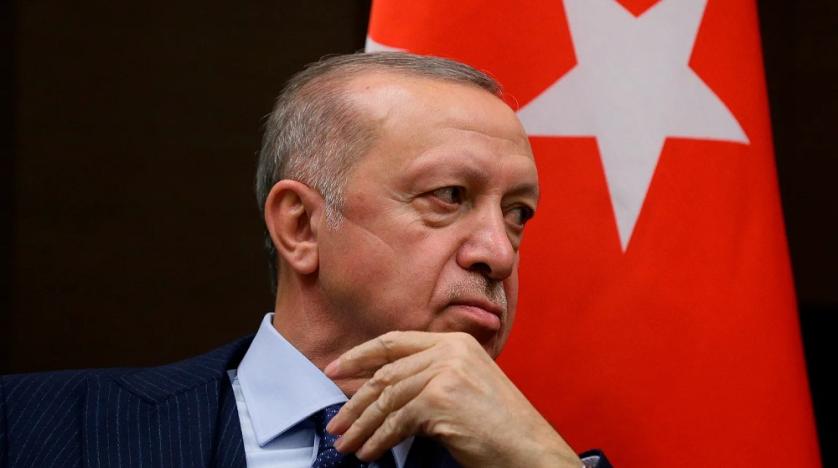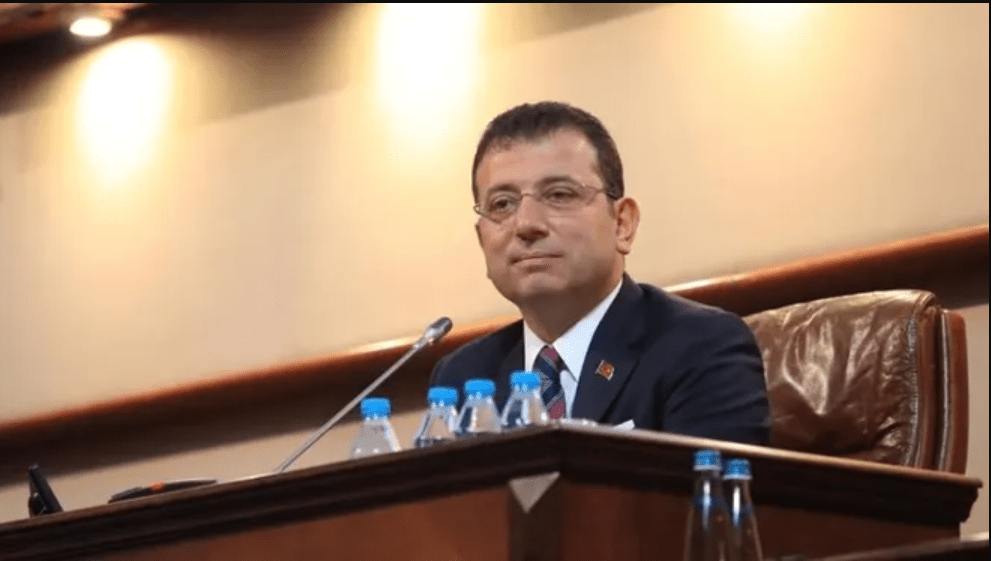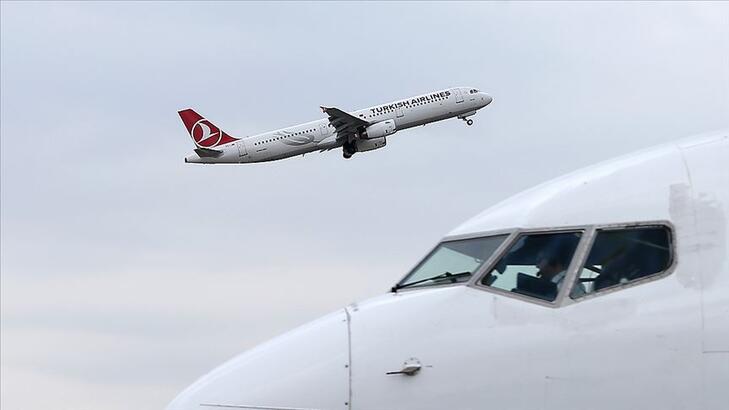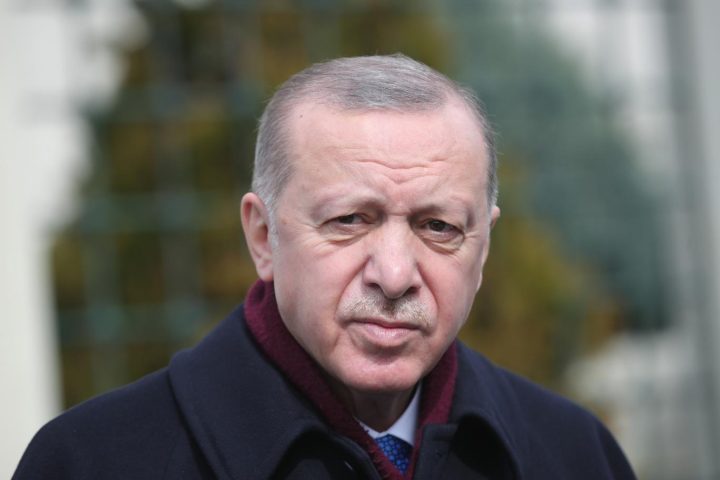Turkey’s success in its efforts to save the Grain Corridor Agreement signed with Russia in July has shed light on President Recep Tayyip Erdogan’s policy and the country’s multi-vector stance as the war enters its ninth month.
Earlier this week, Ukrainian President Vladimir Zelensky and US Secretary of State Antony Blinken thanked Erdogan for persuading them to resume the Grain Corridor Agreement shortly after the Kremlin suspended it, according to an analysis by the National Interest.
The move to backtrack on Russia’s decision came after a phone call between Erdogan and Russian President Vladimir Putin last Tuesday.
Erdogan received a commitment from Putin to return to the deal brokered by Turkey and the United Nations (UN) in exchange for guarantees aimed at assuaging Moscow’s growing security, political and logistical concerns over the deal.
Shortly before Ankara revived the grain deal, Erdogan announced his acceptance of Putin’s proposal to turn Turkey into a ‘natural gas hub’.
“Together with Putin, we have given instructions for a natural gas distribution center from Turkey to Europe. This will be an international distribution center,” the president said in a statement last month.
Technical details of the proposal have not been disclosed by Russia, which is trying to find alternative ways of transporting natural gas as it faces a severe drop in energy exports to the European Union (EU).
Putin praised Erdogan as a reliable partner when asked about the project at a press conference last week.
“It is easier for us to work with Turkey. First of all, President Recep Tayyip Erdogan is a man of his word, so if we agree with him on something, we try to realize it, even if it is sometimes difficult. Secondly, it is easier for us to control the Black Sea waters.”
According to the analysis, Erdogan has positioned himself as a ‘mediating leader’ in the Ukraine war, with considerable success, breaking ranks with NATO allies to demonstrate his position of qualified neutrality.
Ankara has repeatedly condemned Moscow for launching the invasion and supported Kiev with the supply of the Bayraktar TB2 armed unmanned aerial vehicle (UAV).
Despite this, Turkey has emerged as a strong advocate of a negotiated settlement to end the war, at a time when such calls have been condemned by Kiev and some Western leaders.
Foreign Minister Mevlut Cavusoglu said in April, “There are those in NATO countries who want the war to continue. So that the war continues, so that Russia becomes weaker,” Cavusoglu said in April.
This underscored a sharp difference in approach between Ankara and some Western countries on how to end the Ukraine conflict.
Turkey further strengthened its mediation credentials by brokering a major prisoner swap deal between Russia and Ukraine.
Erdogan is also strengthening his position blocking Sweden and Finland from joining NATO.
NATO Secretary General Jens Stoltenberg has previously said that the accession process would happen very quickly, but Ankara has almost single-handedly blocked the accession process, making a series of security and political demands for approval.
Erdogan’s list includes lifting an embargo on arms sales to Ankara and the extradition of Swedish and Finnish citizens classified by Turkish authorities as terrorists.
At a press conference with Stoltenberg earlier this week, Cavusoglu said Sweden and Finland have yet to fulfill their obligations under the agreement that lifted Ankara’s objections to their NATO membership.
Erdogan agreed to meet Sweden’s new prime minister, Ulf Kristersson, to discuss the issue at length, but stressed that Turkey would not back down from its demands.
Bloomberg reported that Turkey is unlikely to give Sweden’s NATO membership the green light until the end of the year.
Bloomberg also noted that Ankara plans to vote on both applications at the same time, despite Finland’s seemingly more solid foundations.
Experts pointed out that there is no great reason for Erdogan to give up his unique leverage over Helsinki and Stockholm until the June 2023 general elections.
At the same time, the experts suggested that Turkey’s formal requests to these two countries are a bargaining chip to obtain some concessions, ‘possibly including the sale of F-16 fighter jets from the US’.
The analysis said the following;
“There is widespread agreement that Erdogan’s skillful grain diplomacy and strong messages to NATO are partly aimed at shoring up his precarious domestic position, but there are also deeper calculations at play. Turkey’s posture between Russia and the West speaks to Erdogan’s broader vision of the country as an indispensable power player – if not a great power – in the transition to a multipolar world.”
According to the analysis, Erdogan’s long-standing ambitions, shaped by an eclectic mix of ideologies, did not emerge with Russia’s invasion of Ukraine on February 24. Rather, the Russia-Ukraine war created a favorable geopolitical climate for Turkey to pursue an effective multi-vector foreign policy.





